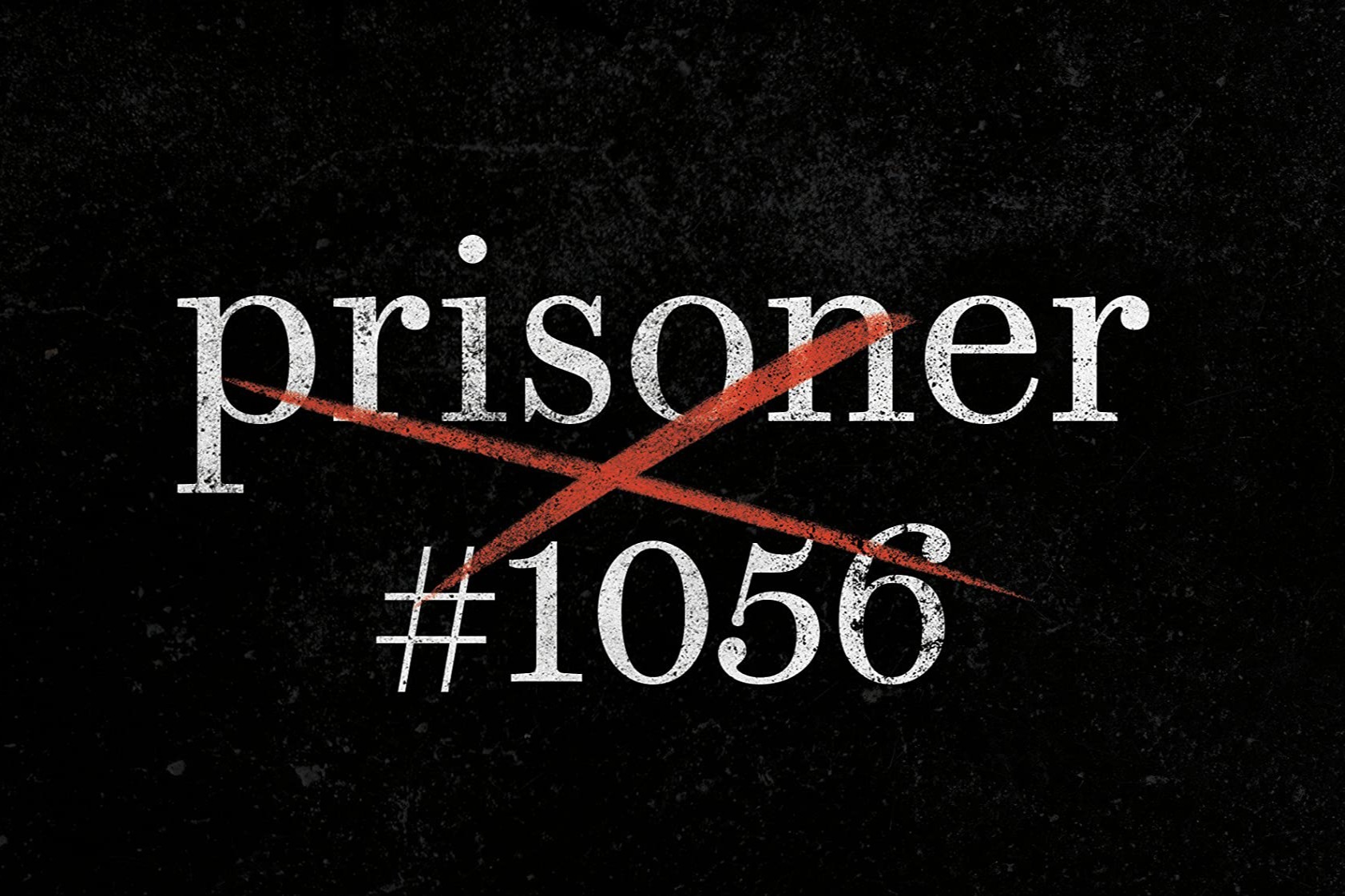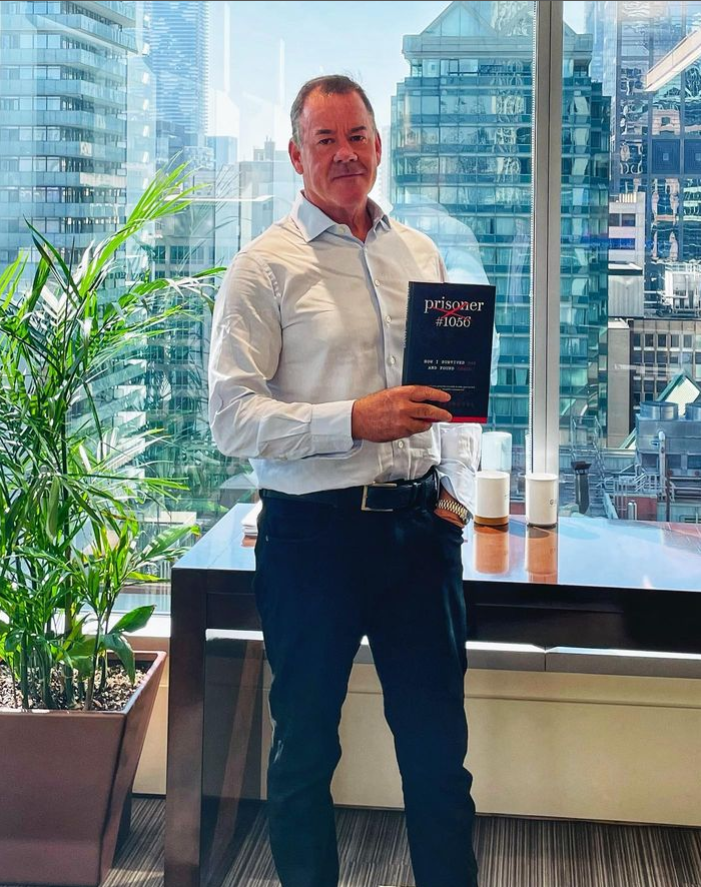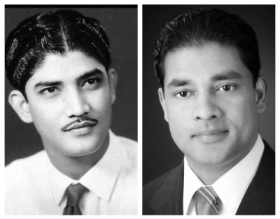
Check out part one of TC's interview with Roy here.
Note: This interview contains spoilers.
Bill Holland, one of the most extraordinary persons in your career, knowingly or unknowingly created valuable teachable moments. There is a moment where your anger takes the better of you when Bill mentions “you have outgrown the company. Quit or I’ll fire you”. You quit CI, to be rehired by Bill 2 years later. What did you learn about yourself in these 2 years and would you consider this to be the most valuable lesson that Bill taught you?
Yes. I would say that one of the lessons I learned was that arrogance is one of the key ingredients in failure. My whole idea was to be successful at any cost. I wanted to get to a point, get there fast, trample anyone in the way and get there. It was a tunnel vision. Bill kicking my butt to the curb, humbled me. And it also taught me that even though Bill was my mentor and friend, that people make business decisions which may look heartless at that point but ultimately it’s business.
Bill was running a business and I was becoming an impediment to that mission. I remember the Navy Seals saying that “It’s not about the man but the mission”. I wasn’t about the mission. I was all about myself and my arrogance. Him kicking me out, really humbled me and made me re-brand myself.
The second time around, I was open to new ideas, I was open to listening to other people. Even then I got into my arrogance again. I was trying to assert that “I am here, I have arrived”. All of these things stem from me not having meaning in life and thinking if I become rich then that’s it. That is a very shallow way of looking at life. That’s my biggest failure. It was humiliating and humbling. That is what I learned.

holding the copy of Prisoner #1056
There is a specific commentary in your book on what it means to be Tamil. We don’t have a land to call our home and as a language it has no association to a specific religion. This makes the language the root of its identity. Do you think Tamils, be it from native lands or the diaspora, give enough emphasis on learning the language which is crucial for this identity to survive in the future?
In an ideal world, we want our kids to be able to speak the language. We don’t exist in the ideal world. I am a pragmatic human being. By saying this, I would love to see every Tamil kid speak Tamil.
To give you an example. I lived in Vancouver for 20 years and Aaron was born there. He had no facility to mingle with other Tamils via community events in a place like that. I bear responsibility for this. I could have done better. I was traveling and Sue was busy with her work and had challenges about her own ability to speak the language as a Tamil girl. So somehow this ball got dropped. I am not saying this to justify my son’s lack of ability to speak Tamil.
Observing what our people do to little kids when they speak Tamil. Which is that every time a kid tries to speak Tamil with a bit of a kochcha Tamil, they make fun of it. I don’t think that really lends to getting Tamils to speak the language. That’s one argument I make.
The other is, I have seen, when I went back to Vanni in 2002, South African Tamils who visited, who didn't speak Tamil at all, but came there because they felt this is something. To your point about a land that they can connect to.
I have dealt with a lot of Jewish people throughout my life. And there are many kids who don’t speak the language, Hebrew, or don’t practice the religion. But they have this strong sense of Jewish identity within themselves. With the absence of land, we should talk about the feeling of who we are as Tamils, stemming from an ancient culture.
The last point I would like to make is, during the Tamil revolution struggle, I have met many Tamil scholars, pandithars, who worked against the Tamil cause. So would you rather take someone who is an expert in Tamil language but fought against the land, or, would you take someone like the South African family I met, who couldn’t speak a single word of Tamil but felt strongly about their Tamil identity and wanted to do something? So in that sense I am very pragmatic and take the latter rather than the former. Ideally, I would take someone who can speak really well and be proud of being a Tamil.
Date on your own terms! Join the other couples who have dated and married through myTamilDate.com!
Canada, unlike many countries in Europe, celebrates hyphenated identities i.e. Tamil - Canadian. In finding comfort and familiarity on one side of the equation are we alienating the other?
It is great that as Canadians we can celebrate our own cultures. But the issue is “What is a Canadian?”. Do we know about or appreciate other cultures? I have seen the third generation of Tamil kids, who tend to live in an enclave of their own, mostly within people of color, and that’s it. They become very insular. I think there is a risk in that. Luckily I was in a unique position to visit many small towns in Western Canada where I was able to see the commonality in humanity. Basic human feelings and challenges are universal. So this is why I have hope for humanity. If we focus on that universality and less on our differences (race, sexual orientation, religious background etc.). The lack of assimilation is not a bad thing, but assimilation is a good thing.
I was living in Vancouver during the 2010 Winter Olympics and I attended the quarterfinals hockey game between Canada and Russia. That day gave me the definition of Canada. There were people who never played hockey in their lives, people from all demographics, waving red and white flags, cheering for the Canadian team. That’s when I realized what Canada was all about. If we can have cross-cultural assimilation that would be great. It’s an ideal world.
“There are no winners in war, only survivors. I’m one of many…..I have been living in two worlds. One with loss, grief, and endless misery. And the other with peace, prosperity, and profit….I often struggled to reconcile the two…” Have you been able to reconcile these two worlds as a result of writing this book?
Yes. I am not sure if I can say 100% yet. But writing this book really helped in starting to reconcile that, finally, where two different Roys (or Subendrans) merge into one. And telling this story publicly will make it more so to be proud of who I am, where I come from and what individually and collectively I was able to achieve. This story, our story collectively, is going to be told and heard.
I think I will always live in two worlds, but I won’t be dwelling on it. In a way we have to live in two worlds. You have to think about friends and family you left behind and you still have to live a life here. It’s always going to be there no matter what. But you find a better way to deal with or at least see the progression of it.

This book is ultimately a thank you gift to Appa. There is no doubt that he would be proud of what you have achieved and it’s probably beyond what he had dreamt for you. But is there something that you still feel where Appa would go “I wish you did this, or didn’t do this”?
I wish that I had more of my father’s diplomatic ways in dealing with tough situations. I think I took the hard path to where I am today. I am always good at managing down, or up, but never good at managing sideways. Ultimately my colleagues had reasons to grind with me. So when it came to promotions or better opportunities, it was always a struggle. Even if you change yourself or repent for your mistakes, people never forget. I am much calmer, more thoughtful and a better person in many other aspects but people always remember the Roy from 20 years ago.
If you had to go back to the moment where either Roy is in prison or Roy is at the airport leaving Sri Lanka, what would Roy of today tell him?
I would say that, in life, as my father said, you don’t get to choose what kind of world you will live in, you only have the choice of reacting to the environment. And I think that lesson is clearer to me now. Because all I was thinking at that time was uncertainty. I don’t think that could happen at the age of eighteen. You are immature and would not have the deep thoughts to figure out how to maneuver certain things. But in hindsight now, if I had to redo it, I would have worried less. But then worrying less also has its own implications. You then think you don’t need to try anything and somehow you will land in a good place. That’s hope and sometimes it’s not a good strategy either. It’s a tough question to answer, but that’s what I would say.

























